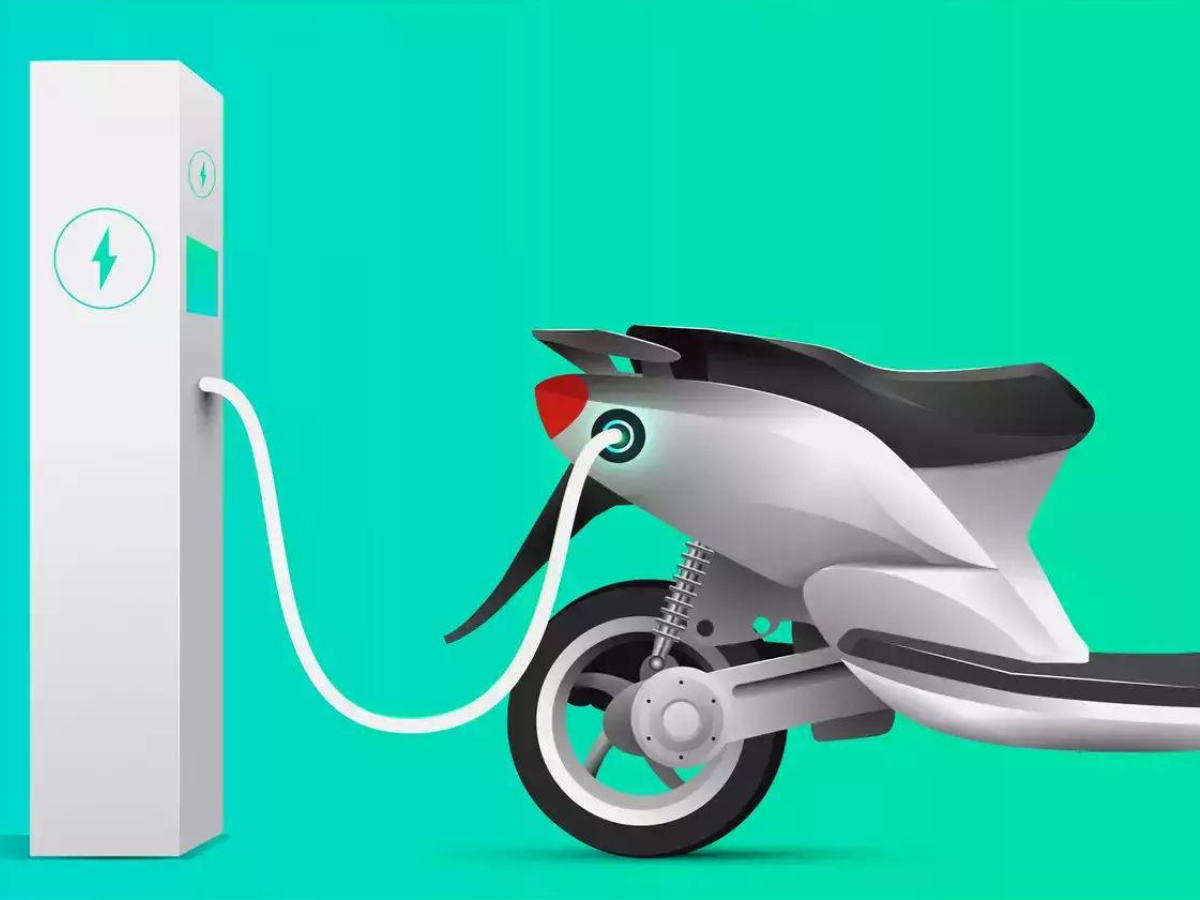Read by: 100 Industry Professionals

The government has approved 50 out of 74 applications it got from automakers for its productivity-linked incentive (PLI) scheme to boost electric vehicle manufacturing. The remaining 24 applications are in process.
The approvals on Wednesday are likely to help the companies partially offset losses they are incurring in manufacturing EVs due to low volumes currently. Among the companies, Bajaj Auto is the sole automaker to get approvals for all the 13 applications filed for its electric scooter Chetak and three-wheelers.
Mahindra & Mahindra got approvals for 16 out of 23 applications, Tata Motors 15 out of 27, Ola Electric four out of five, TVS Motor two out of five, and Eicher which applied for one didn’t get an approval, according to an internal document showing the DVA (domestic value addition) application status.
Under the PLI incentive scheme, an automaker can receive a government grant of 13-15% of the sales value of EVs during a year. This typically boosts the company’s total revenue and helps offset the higher costs associated with investing in new technology, thereby bridging the margin gap between ICE (internal combustion engine) and EVs. Furthermore, if a company achieves sales of more than INR 10,000 crore within five years of the PLI period, it becomes eligible for an additional 2% government support.
The ‘sales value linked’ scheme is applicable on battery electric vehicles, and hydrogen fuel cell vehicles across segments spanning two-wheelers, three-wheelers, passenger vehicles, commercial vehicles, etc, and any other advanced automotive technology.
Pune-based Bajaj Auto accrued in the PLI benefits of the sales value as per the scheme’s formula in its June quarter earnings, the company said in an investor call. Similarly, Ola Electric, which got four of its electric scooter models approved under the scheme, is likely to earn an incentive of 13-18% of the determined sales value.
“With more and more products getting PLI approval from authorities, all these auto companies would be able to improve profitability to some extent going forward. Though we believe that its benefits would be passed on partially to the end user and partial benefits would be retained. This would help PLI-compliant products to gain some market share due to competitive pricing,” said Mitul Shah, analyst at Dam Capital.
Launched in September 2021 with INR 25,938 crore, with deep localisation and domestic value addition of 50% as one of most important criterion, PLI plan was designed at incentivising automakers to invest in clean, advanced tech, reduce reliance on imports for new tech, and help scale up manufacturing in a graded manner in subsequent years through its five-year tenure starting from 2023-24.

